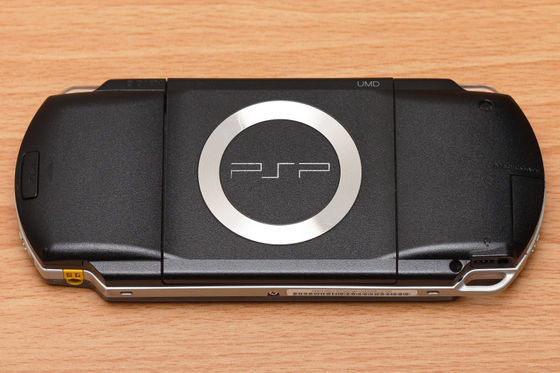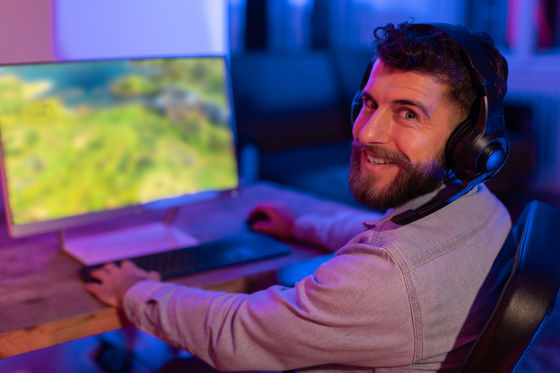Sony loses lawsuit ruling that game 'cheat tools' are not copyright infringement

By
In a lawsuit filed by Sony against Datel, a British game modification tool manufacturer known for Pro Action Replay, the European Court of Justice ruled on October 17, 2024 that 'modifying games does not constitute copyright infringement.'
The Directive on the legal protection of computer programs does not allow the holder of that protection to prohibit the marketing by a third party of software which merely changes variables transferred temporarily to a game console's RAM - cp240181en.pdf
(PDF file) https://curia.europa.eu/jcms/upload/docs/application/pdf/2024-10/cp240181en.pdf
European Court of Justice rules against Sony in lawsuit over Action Replay cheats | GamesIndustry.biz
https://www.gamesindustry.biz/european-court-of-justice-rules-against-sony-in-lawsuit-over-action-replay-cheats
Sony Loses as CJEU Rules Datel's RAM Data 'Cheat' Non-Copyright Infringing * TorrentFreak
https://torrentfreak.com/sony-defeated-as-cjeu-finds-datels-ram-data-cheat-non-copyright-infringing-241018/
EU court upholds right to sell PlayStation add-ons, in loss for Sony | Euronews
https://www.euronews.com/my-europe/2024/10/17/eu-court-upholds-right-to-sell-playstation-add-ons-in-loss-for-sony-datel-game-mods
In 2012, Sony sued Datel, alleging that the cheat tools 'Action Replay PSP' for the PlayStation Portable (PSP) and 'Tilt FX for PSP,' which allowed users to tilt the PSP, were copyright infringement.
The game in question was MotorStorm Raging Ice, a racing game for the PSP released by Sony in 2009, and it was said that using Datel's tools it was possible to perform cheats such as infinite boosts.

by
Sony argued in court that Datel's cheat tools altered the 'program flow' of the game - i.e. the data generated within the console - in a way that modified Sony's copyrighted game code and amounted to the creation of unauthorized derivative works of software.
In 2012, the Hamburg Regional Court in Germany ruled in favor of Sony's lawsuit, but the Hamburg Higher Regional Court overturned the lower court's decision in 2021 and dismissed Sony's lawsuit in its entirety. The German court then referred the case to the European Court of Justice to determine whether game cheats constitute modification of copyrighted computer programs.
In an opinion submitted to the European Court of Justice on 25 April 2024, Advocate General Maciej Špunar pointed out that Action Replay PSP modifies variables stored in the PSP's RAM, but does not modify copyrighted code.
While source code is considered a copyrighted work under the EU Directive of the European Parliament and of the Council of 23 April 2009 on the legal protection of computer programs, Attorney General Spunar's view was that the parameters transferred to RAM based on the code were generated on the device and therefore could not be protected by copyright.
'Even if it ruins the fun of a detective novel, an author cannot prevent a reader from skipping through the novel to find out who the culprit is,' Attorney General Spunar said. 'Similarly, if a user of a video game changes the way a program works in a way that goes against the developer's intentions, without tampering with the code, that does not infringe on the copyright of the program.'
While Advocate General Spunar's opinion was not legally binding, the European Court of Justice in its latest ruling ruled that, like the opinion, data modified by cheat tools does not fall within the scope of computer programs protected by the Copyright Directive.

The case will now be returned to a German court to be tried under German law.
Although this ruling determines that modifying single-player games with cheat codes is not illegal, this does not mean that all cheats are legal.
'While cheat software developers and sellers may be happy, they shouldn't get too excited about this ruling. For procedural reasons, the case only addressed one issue: whether modifying program variables constituted unauthorized modification. But today, publishers of typical multiplayer games have other legal recourse against cheat software, such as end user license agreements (EULAs) and unfair competition, which are not affected by this precedent,' Andreas Loeber, a lawyer at German law firm ADVANT Beiten, told GamesIndustry.biz, a news site that covers the gaming industry.
Related Posts:
in Game, , Posted by log1l_ks







